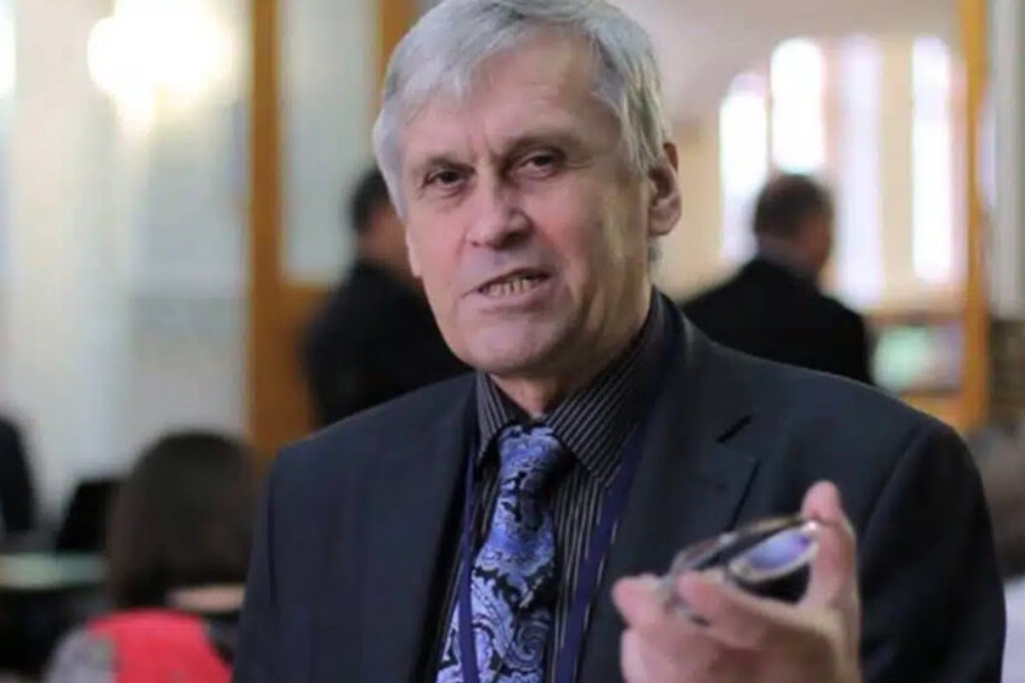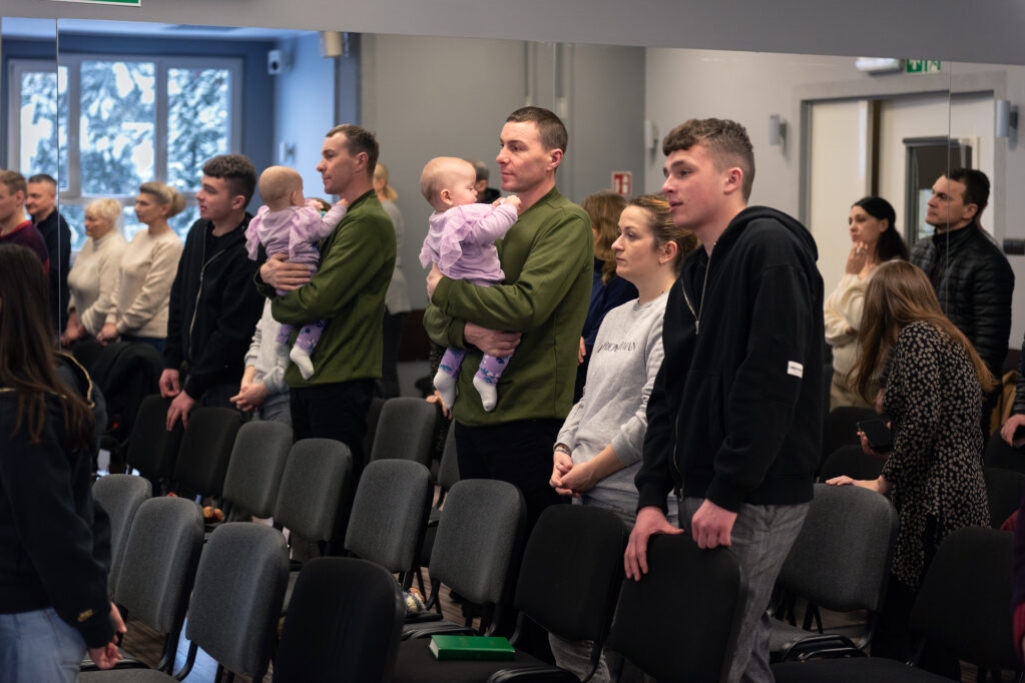
Yuri Sipko.
The former president of the Russian Union of Evangelical Christians-Baptists – a critic of Russia’s war against Ukraine – recently fled his homeland when authorities pressed criminal charges against him. (See related story.)
Russian officials charged Yuri Sipko, a former vice president of the Baptist World Alliance, with slandering the Russian military and posting “fake news” online about Russian armed forces involved in the invasion of Ukraine.
“I am unquestionably innocent of the charges against me,” Sipko stated in an email to the Baptist Standard.
Speak the truth and call for peace
Sipko, who served as pastor of churches in the Omsk and Tyumen regions before his retirement, asserts the criminal defamation charges are retaliation because he condemned Russian aggression against Ukraine.
“As a Christian, I cannot justify the aggressive military actions that the authorities of my country are waging,” he wrote. “Because I am a Christian, I must speak the truth and call for peace.
“The state conducts brutal repression against people who condemn the war, subjecting such people to persecution, condemning them to long prison terms.”
In late February, Sipko participated in an online prayer forum sponsored by Mission Eurasia marking the one-year anniversary of Russia’s invasion of Ukraine.
“We continue to pray constantly for the Lord to stop this bloodbath. We pray for God to protect Ukraine and the Ukrainian people,” Sipko said during the online event.
During the event, Sipko prayed: “We call upon you, the God of love, from this suffering earth. Lord, please stop this horrible, hateful operation. … With the hand of your angels, please stop the tanks, stop the rockets and cannons so that not a single more human life is being taken.”
Placed on ‘wanted list’
In his email to the Standard, Sipko stated he believes his posts on Facebook, in which he objected to the actions of Russian authorities and honestly answered questions, prompted officials to bring criminal charges against him.
When Sipko was charged with criminal defamation, he recognized it carried the presumption of guilt in the eyes of government authorities and the likelihood of a lengthy prison sentence and other mistreatment.
“I left Russia as soon as I was informed of the initiation of a criminal case and warned that the court had already issued a search warrant. Usually a search is accompanied by detention and arrest,” he wrote.
“Therefore, I chose to avoid violence and imprisonment, since the term on the charge can be set up to 10 years. Since I was not at home, I was put on the wanted list.”
He and his wife fled to an undisclosed location in another country.
“My apartment was searched in my absence. Searchers never state what they are looking for. They just turn everything upside down. If there are people in the apartment, they are laid on the floor, creating fear and horror,” he wrote.
Familiar with persecution
The criminal charges against Sipko mark his first experience with prosecution, but he is well acquainted with persecution.
“I have experienced persecution of varying degrees of severity all my life,” he wrote. “I was persecuted as a child. My father, a minister, was repressed and sentenced to 5 years of hard labor.”
Contrary to what government officials may say, “there is currently no religious freedom in Russia,” Sipko asserted. He cited restrictions on missionary activity, bans on meetings held outside of church buildings, and prohibitions placed on land acquisition and the construction of buildings for religious assemblies.
Pointing to increased promotion of the Russian Orthodox Church as the state church, Sipko also noted propaganda portrays Baptists as “a religious group alien and hostile to Russia.”
While Sipko and his wife live away from their homeland, the couple’s children and their families still live in Russia. They are maintaining some contact through email and social media.
“My wife and I are very concerned about their safety,” he wrote. “Being in exile, we can do nothing to help them. But we pray to the Lord and believe he will do everything for the good of us and our children.”
(EDITOR’S NOTE – Ken Camp is the managing editor of Baptist Standard.)


